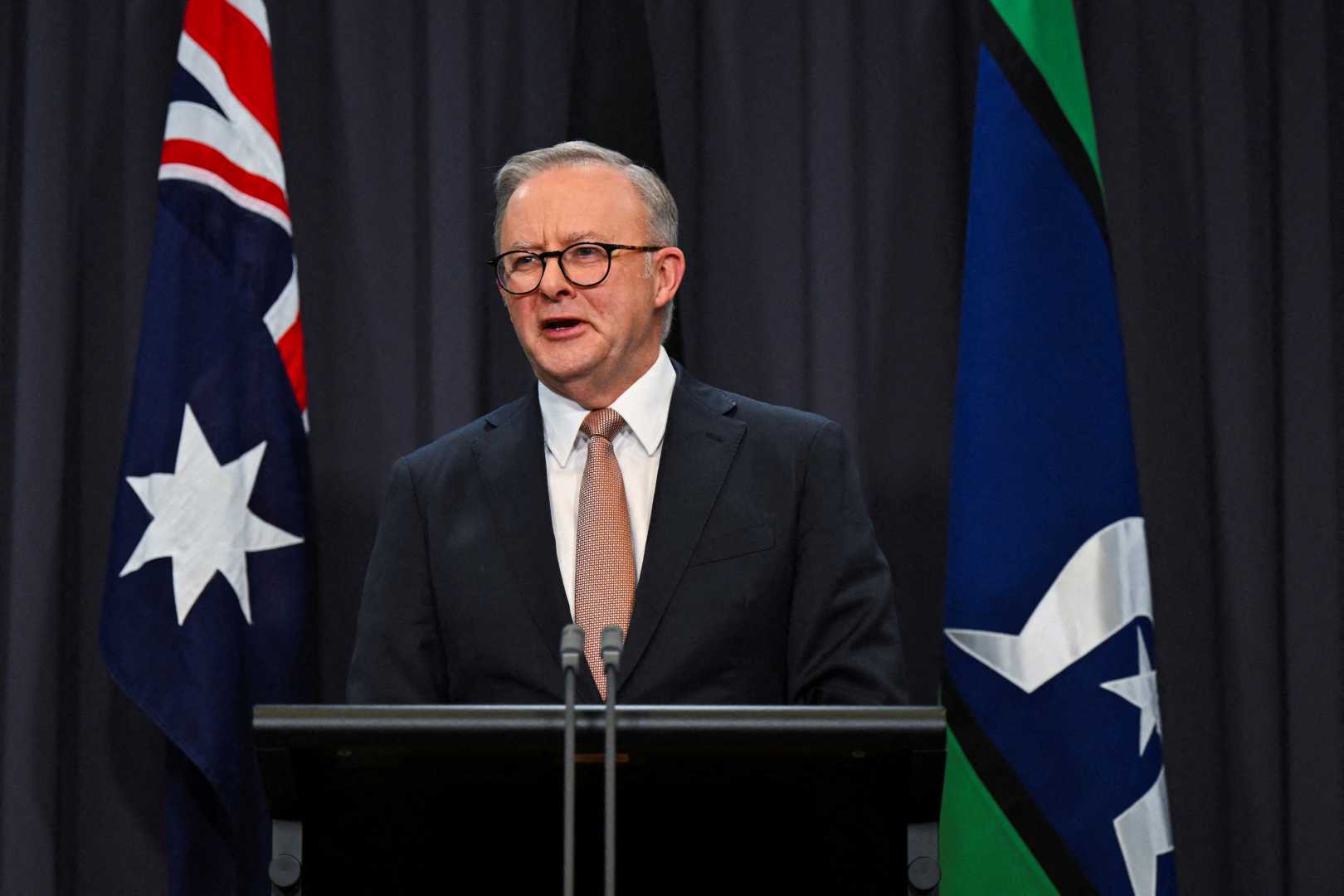News
Australia Enacts World’s Toughest Social Media Law, Banning Access for Children Under 16

Australia has made a significant move in regulating social media by passing a law that prohibits children under the age of 16 from accessing these platforms. The legislation, which was passed on November 28, 2024, mandates that tech giants such as Meta (the owner of Facebook and Instagram) and TikTok must prevent minors from logging in, or face substantial fines of up to A$49.5 million ($32 million).
The law is considered the most stringent globally in terms of restricting children’s access to social media. While other countries, including France and some states in the US, have implemented measures that require parental permission for minors to use social media, Australia’s policy is an absolute ban. A trial to determine the enforcement methods will commence in January, with the ban expected to be fully implemented within a year.
The new law has garnered mixed reactions. Supporters argue that it is necessary to protect children from the potential harms and mental health risks associated with social media. However, opponents, including Meta and Elon Musk, have criticized the law as overly broad and an infringement on children’s rights. Meta has expressed concerns about the lack of thorough consideration and the potential ineffectiveness of the bill in its current form.
Google-owned YouTube has been exempted from the ban due to its widespread use in educational settings. Tech giants have pushed back against the legislation, with Google advocating for a postponement until after an age verification trial, which may involve biometrics or government identification. Elon Musk, the owner of X, has also raised concerns, suggesting that the law could be a “backdoor way to control access to the Internet by all Australians”.
TikTok, owned by Bytedance, has criticized the bill for lacking clarity and not being thoroughly drafted to achieve its intended goals. The company emphasized the importance of careful and considered legislation to ensure the policy’s effectiveness.












